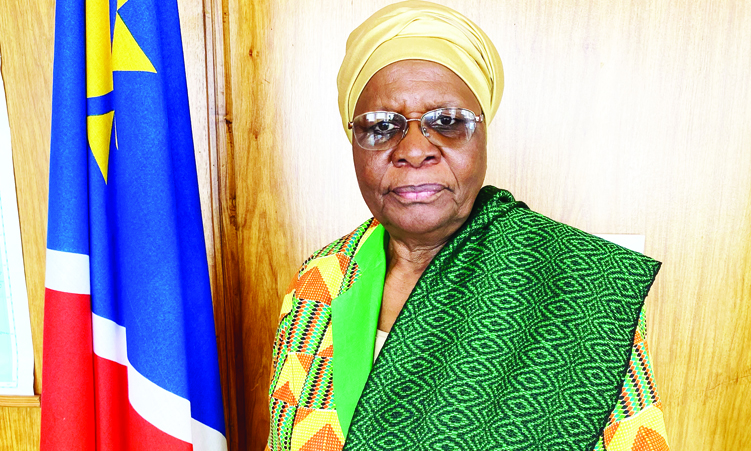At least 256 486 patients with mental illness have been seen by professionals in Namibia between 2019 and 2021.
The Ministry of Health and Social Services told The Namibian the highest number of mental health patients were reported in 2020.
“In 2019, a total of 82 225 patients were seen. In 2020, this number increased to 88 491,” ministry spokesperson Walters Kamaya said.
In 2020, the country was hit by the Covid-19 pandemic, during which Namibians were forced to abide by strict health regulations, including isolation and limited movement.
The year after that, Namibia had its worst wave of Covid-19, however, the number of patients seen for mental illnesses dropped to 85 770.
“According to the data, there has been a notable, but fluctuating change in the number of reported mental illnesses in Namibia between 2019, 2020 and 2021.
“The extent of the change can be observed from the number of patients seen at outpatient facilities across the country for each year,” Kamaya said.
However, it is estimated that nearly 520 000 people in Namibia are suffering from at least one type of mental illness, New Era reported on Monday.
SUICIDE RATE
Namibia’s suicide rate has continued to increase, with a total of 1 542 Namibians taking their lives between 1 April 2020 and 31 March this year.
This means that on average, the country recorded over one suicide per day, with the vast majority of victims – about 82% – being men.
This is according to statistics provided by the Namibian Police.
In July, The Namibian reported that 679 people took their own lives between January 2021 and May 2022.
These incidents involved 559 men, 91 women and 29 children.
Last year, the World Health Organisation said Namibia continues to have one of the highest suicide rates in Africa at an estimated rate of 9,7 for every 100 000 people, and with the rate being higher among men than women.
This is the fourth-highest rate compared to neighbouring South Africa (23,5 per 100 000 people), Botswana (16,10) and Zimbabwe (14,1).
World Mental Health Day 2023 was yesterday observed under the theme ‘Mental Health is a Universal Human Right’.
URGENCY
Member of parliament and a healthcare professional Winnie Moongo has bemoaned the available statistics, saying mental health is a matter of urgency, since some people are suffering from illnesses unknowingly and are therefore not being treated.
“Patients are defaulting on treatment, and families are not supportive of patients because they lack knowledge and understanding of these conditions. This needs to change,” she said on Monday.
There’s a dire need to consistently sensitise the public about the different types of mental conditions, their clinical manifestations, treatments offered and facilities available, Moongo said.
“I think the health ministry is not doing enough to create awareness of mental health conditions,” she said.
Moongo emphasised the urgency of a mental health bill to be implemented.
“The bill would address the challenges currently experienced by patients, staff and the community. It is frustrating that a bill is still not in place,” she said.
The health ministry said a draft bill is currently with legal drafters, and it plans to review and finalise the regulations that would govern its enforcement.
“The anticipated date for its submission to parliament for enactment is expected to be as soon as possible,” Kamaya said.
This bill emanated from the request of the Cabinet Committee on Legislation in August 2018 to assist the health ministry with public consultation and to prepare a report.
One of the aims of the bill is to address outdated remnants of the South African colonial regime, the ministry said.
However, five years later the bill is yet to see its day in parliament.
“To ensure that the mental health bill aligns with the needs and aspirations of the Namibian population, stakeholder consultations and expert input have been actively sought.
“The ministry has been diligently working towards finalising the draft bill for submission to parliament,” Kamaya said.
SAFE SPACE
Health minister Kalumbi Shangula has also in the past referred to the high suicide rate among men.
“We need to foster a culture of openness, empathy and understanding, where men feel comfortable discussing their mental health without fear of judgement,” he said at a conference on mental health and psychosocial support for men at Oshakati earlier this year.
Shangula said the onus is on both the health sector and society to eliminate harmful perceptions on mental health and to create an environment that promotes open conversations about men’s mental health.
Stay informed with The Namibian – your source for credible journalism. Get in-depth reporting and opinions for
only N$85 a month. Invest in journalism, invest in democracy –
Subscribe Now!






